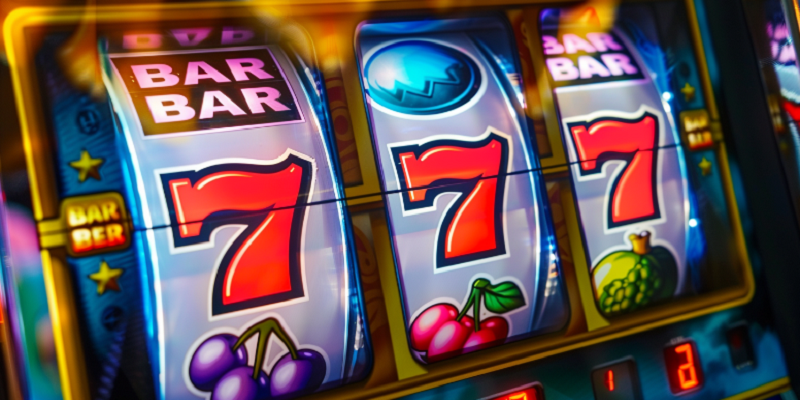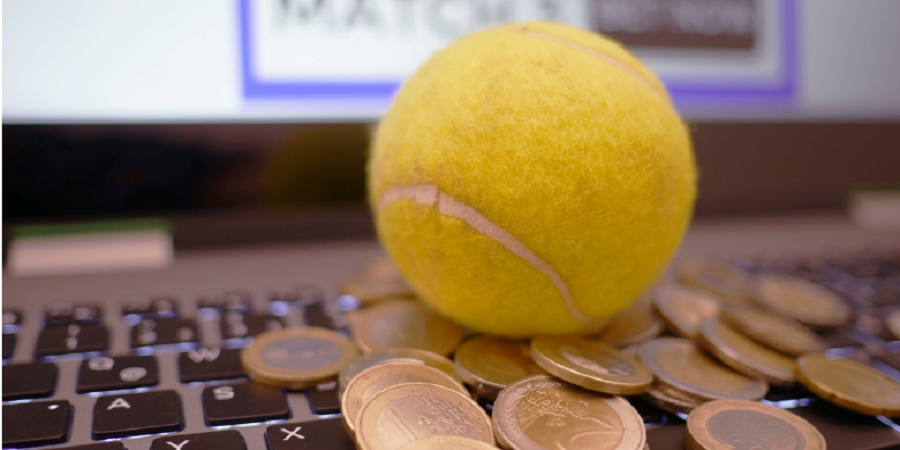Bookmakers accept betting on athletic events, and while each bet might vary greatly, the final result is that bookmakers profit when punters lose their bets. How much money bookmakers make each year varies greatly but is mostly determined by how much each of their player’s bets on each game and how many total wagers got through with them weekly.
Are you a bettor who is simply interested in how people who run this type of business do it? That could be complicated but understanding how a site works are easier: you can find more info of 20bet, for example, here. So, do bookies make a lot of money? How do they earn money from getting and paying out bets anyway?
Here are the things you need to know.
What is a bookie?
A bookie, often known as a “bookmaker,” is a person who promotes gambling, most typically at sporting events. A bookmaker establishes odds, accepts and takes bets, and pays out wins to punters. Bookmakers often do not make money by placing bets themselves. Instead, they impose a processing fee on their clients’ wagers and keep a little percentage from that.
Although the name “bookie” has historically been linked with a certain type of illegality, with the growth of sports betting, becoming a bookmaker has become a legal vocation. State governments generally control the legality of various forms of gambling.
How do bookies make money out of people’s money from their bets?
How do bookies make money out of bets?
As mentioned, bookies make money by charging a certain amount of commission (more on this below) for each bet. But how does this work, exactly?
The basic idea behind making bets is simple and obvious. When a customer places a bet with a bookmaker, the bookmaker gets paid. When a customer wins a bet, the bookmaker also gets paid. The point is to get more money than you spend. Bookmaking is the skill of making this happen. Bookmakers can’t change how games turn out, but they can change how much they stand to win or lose depending on how the game ends. They set the odds for every bet they make, which makes sure they always make money.
The best way to describe an overground book is to compare it to a tennis match between two players who are about the same level. In theory, both players should be worth even money if they have the same chance of winning the match (2.0). Bookies, on the other hand, don’t give odds on both players. Instead, if both people win, they will pay out 10/11 (1.91).
If the bookmaker then takes bets on each participant for the same amount of money, they will make money from the event. If each participant bets $10,000, the bookmaker’s market turnover will be $20,000. No matter what happens, they’ll have to pay less than $20,000 in damages. Bookies make money by letting people bet on overground percentages.
Bookmakers vs betting exchange
An exchange is a better technique to determine how much a wager is worth. There is no need for a bookmaker because people bet against one another on a betting market. Because the market is governed by supply and demand, the odds are frequently better than what a bookmaker would provide.
Exchanges charge a commission instead of collecting a portion of winning bets. Exchanges charge the industry’s lowest commission, which is 2% of net earnings. This is a better deal than other exchanges, which can charge up to 5% in fees, with some customers having to pay a premium cost of up to 60%. The average bookmaker margin is 6%, which is significantly higher than the margins on exchanges.
Conclusion
Bookies have a mathematical advantage over their customers. They don’t win in every market they price, but this edge ensures long-term success. Benefits may be lost. It’s not like gambling when the chances are constantly against you. Bookies don’t earn only from their mathematical edge. Most bettors make more bad bets than good ones, which helps them.






